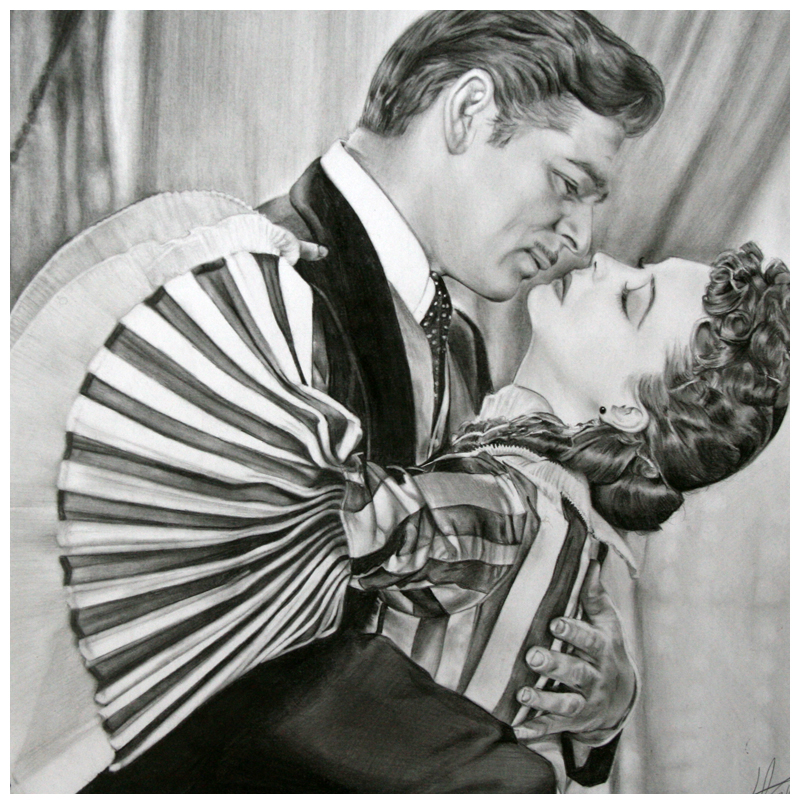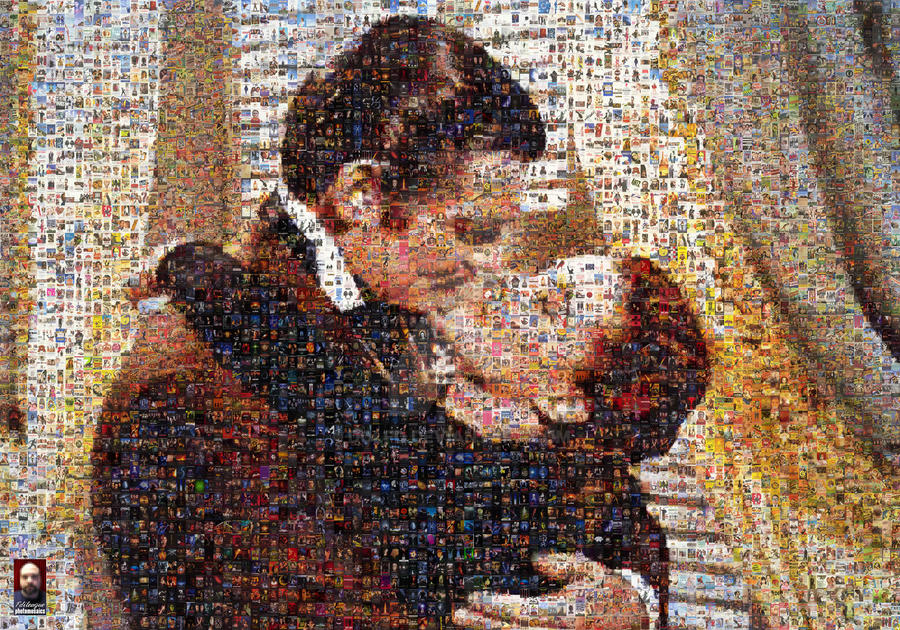Yesterday I was doing some serious thinking on my topic and realized, as I was trying to research, that my topic is far too broad. And--I'm going to have an honest moment here--the kind of research that I was looking at was boring to me. Yes, boring. Not the GWTW part, but trying to relate it to people in general's responses to external change. Well, okay--maybe it wasn't so much
boring as it just didn't seem to
matter.
 |
Before the Civil War, Scarlett tries
to convince Mammy to tie her corset
as tightly as possible. |
So I had a thought to stay on the same path but narrow it a lot down to gender roles and specifically, femininity. How does this relate to what I've been blogging about for the past while? Well, I want to look at how the Civil War completely changed the way women viewed themselves and their place in society. Scarlett is quite the picture of the strong, independent woman (by the end of the book, anyway). The other Southern women find it very difficult to let go of their old ways, but Scarlett is willing to move on and doesn't care what anyone thinks of her. Melanie is much the same, in her own way, willing to talk to Belle Watling and witness gory surgeries in the war hospital. The war forced the South to rethink the gender roles in their society.
So how does this relate to digital culture? Well, I was talking to Holly and Whitney, the other members of my cohort about this. I think one big aspect of digital culture is anonymity--even to the point where you can conceal your gender. The Internet is a pretty gender-neutral place. Even if you share your gender (which most people do), most of the time no one is looking at your face or seeing your body. Gender is not necessarily at the forefront of our consciousness.
I've come up with some more thoughts on this over the past day, as well. With the Internet, women can forego a lot of traditional practices that society has come to expect from them, like dressing up and wearing makeup. On the Internet, a woman has the opportunity to make friends, get a job, or fall in love while wearing a bathrobe and bunny slippers. This mirrors what happens in Gone With the Wind as well; in the beginning, a woman's appearance is very important. Have a tiny waist, wear gigantic dresses, don't eat too much in front of men, etc., etc. But during and after the Civil War, no one really cares what anyone else is wearing; they just wear whatever is practical. This thought isn't fully formed yet, but it's an idea.
A last thought is that despite the many gender-neutral aspects of the Internet, there are still some clearly defined gender roles on the web. There are a lot of websites specifically geared toward women. Recently I found a great website for women writers called
She Writes. Just yesterday I heard my professor say that he doesn't like using
Pinterest because it makes him feel less manly. There are countless blogs dedicated to motherhood, cooking for a family, sewing, arts and crafts...all traditionally feminine activities, and the blogs themselves are highly geared toward women.
Basically what this comes down to is that the Internet seems like it can be used either to diminish or increase the importance of gender roles in our society. How do you see gender roles changing (or maybe staying the same) in our digital world? Any thoughts on all this?
(Annotated bibliography soon to come...)











